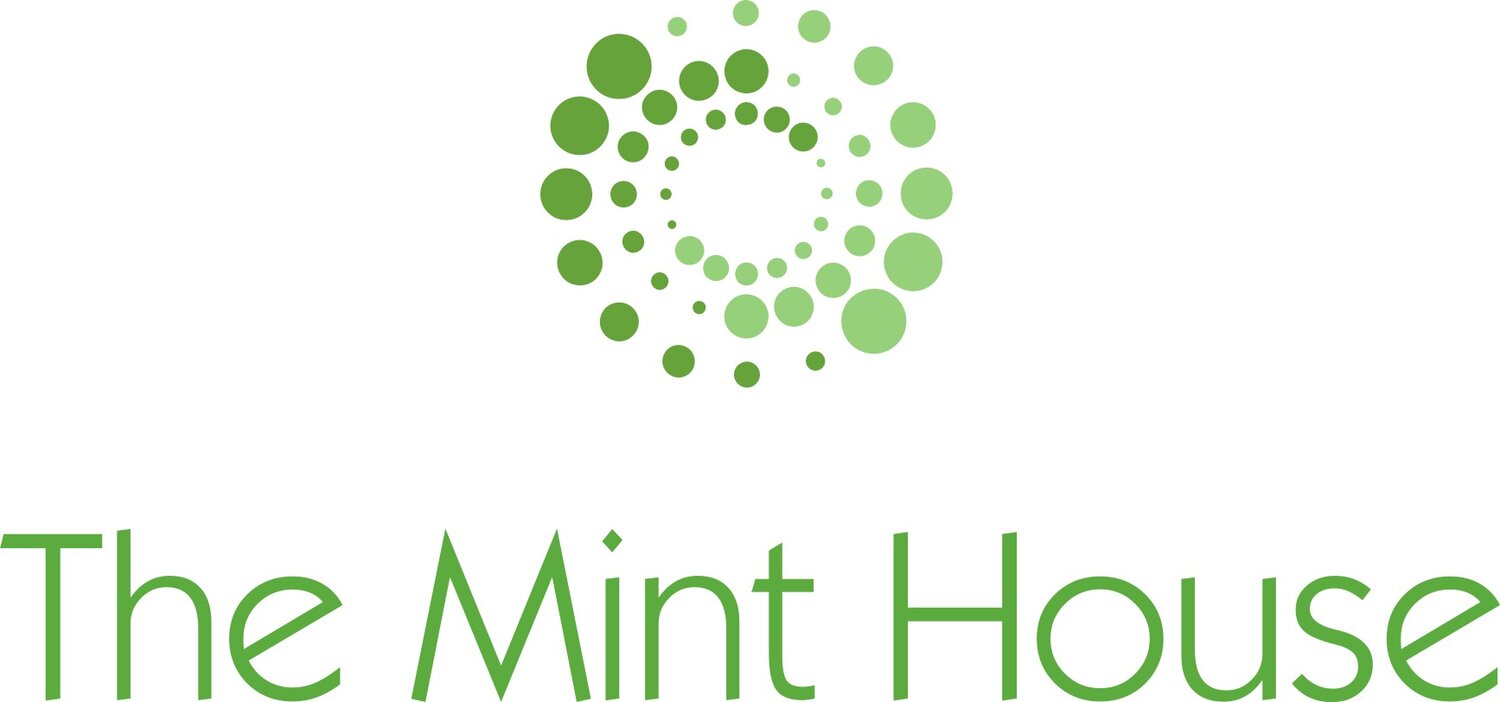Restorative justice and the asylum system - Post event reflection by Rosie Chadwick
It was good to welcome Dr Steve Kirkwood to a recent Mint House network event, where he shared findings from his recent research looking at the potential of restorative justice (RJ) in addressing the harms created by the asylum system?
Steve gave contrasting examples from Scotland and Belgium, also drawing on interviews with restorative practitioners, refugee support organisations and refugees and asylum seekers. For me, the main takeaways were these:
There is a lot of harm to be repaired! Leaving aside the many and significant harms that may have led to someone seeking asylum in the first place, harms within the system include destitution, detention, the uncertainty that comes with being in prolonged legal limbo, racism and more.
This is challenging terrain for restorative approaches. Barriers to overcome include language and cultural differences to which it is important to be sensitive, high levels of distrust, the impacts of traumatic experiences and (at a structural level) dehumanising rhetoric and institutions’ reluctance to engage.
For all the difficulties, restorative justice can make an important contribution to addressing harms created by the asylum system. The shape and form this takes can vary, ranging from community-led justice initiatives and formal restorative processes to less formal opportunities for people to share their stories and build mutual understanding.
The benefits are likely to be multiple, extending beyond refugees and asylum seekers to staff who are working in challenging conditions and society at large. In Belgium, more time invested in fostering connections between people made for a much better working and living environment. It also meant less time and money spent on punitive responses.
Ample scope exists for restorative justice services to work collaboratively with refugee communities. We can usefully start by getting to know each other better.
The true prize is ‘restorative integration’ – integration that begins with looking beyond the label, recognising common humanity and restoring each person’s rights and dignity.
If you’d like to watch the full talk by Steve, you can do so by follow the link below to our YouTube channel.
